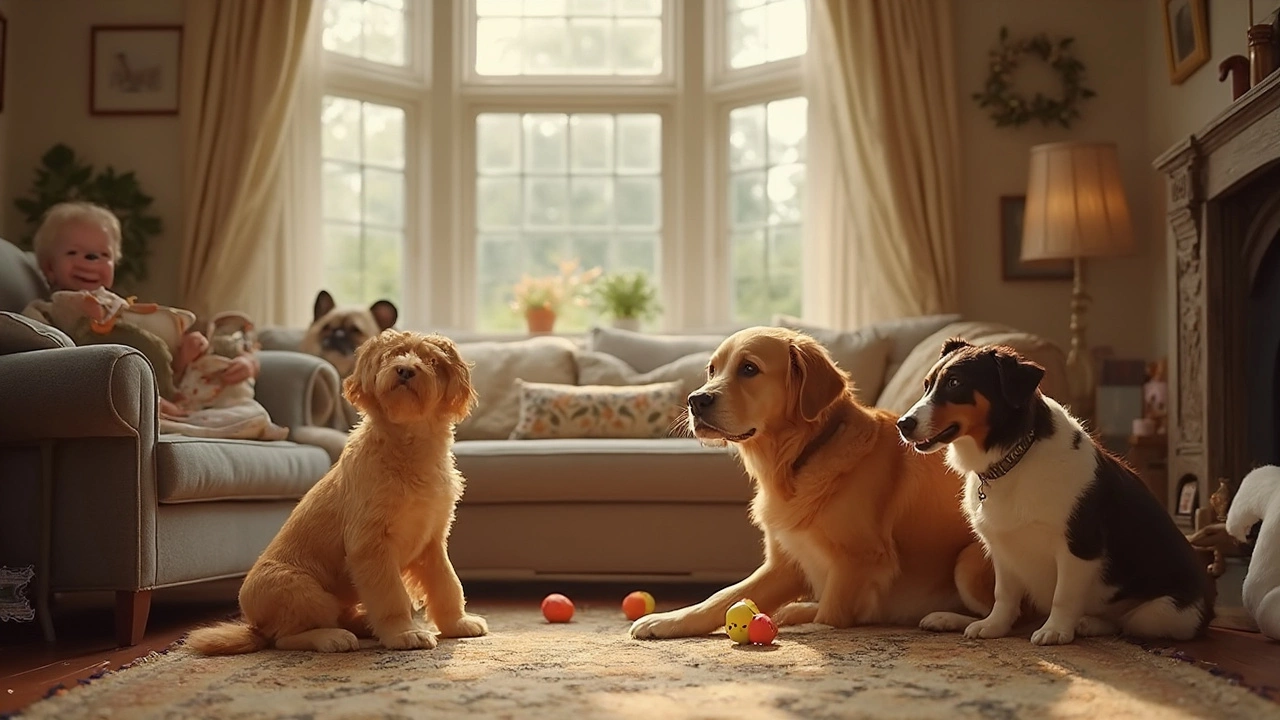Puppy vs Adult Dog: What You Need to Know
If you’ve just added a four‑legged friend to your home, chances are you’re wondering how a squirmy puppy’s needs differ from a calm adult pooch. Knowing the right way to feed, train, and look after each stage saves money, prevents health hiccups, and keeps tail wags steady.
Feeding & Nutrition
Puppies are growing machines. They need a diet packed with protein, DHA, and calcium to build strong muscles, brain cells, and bones. Look for kibble labeled "Puppy" or "All Life Stages" that lists real meat first and avoids fillers. Feed them three to four small meals a day until they’re about six months old; this keeps energy steady and prevents hypoglycemia.
Adult dogs, on the other hand, have slower metabolisms. Too much protein or calories can lead to weight gain, especially in breeds prone to obesity. Switch to a "Adult" formula once your dog hits full size, and drop to two meals a day. Adjust portions based on activity level—active retrievers need more than a couch‑potato bulldog.
Training & Exercise
Puppies have short attention spans, so keep training sessions under five minutes and sprinkle in lots of praise. Focus on basic commands—sit, stay, come—plus crate training and house‑breaking. Socialize them early with other dogs, people, and new sounds to prevent fear later.
Adult dogs already know the basics, so you can lengthen sessions to 10‑15 minutes and add tricks or agility work to keep their minds sharp. Exercise needs vary: a senior hound may be satisfied with a gentle walk, while a working‑type needs vigorous runs or fetch games. Adjust intensity to keep joints healthy and avoid over‑exertion.
Health checks also diverge. Puppies need a series of vaccinations, deworming, and a first dental cleaning. Schedule vet visits every three to four weeks until the vaccination course finishes. For adults, annual wellness exams, dental cleanings, and joint supplements (if needed) become the norm.
Bottom line: treat puppies like growing athletes and adults like seasoned partners. Feed the right food at the right volume, match training to their energy, and keep up with vet care. Follow these simple pointers and you’ll enjoy a happy, healthy dog at any age.

When Is a Puppy Not a Puppy? Understanding the Real Transition
Puppies don't stay tiny and clumsy forever, but exactly when do they stop being puppies? This article breaks down the transition from puppyhood to adulthood, looking at what changes physically, mentally, and socially. You'll find out how breed sizes play a big role, how behavior shifts over time, and why your 'little baby' may start acting more like a moody teenager. There are practical tips to spot the signs of growing up and advice for handling those awkward in-between months. If you're raising a pup, this guide is your go-to for understanding when your dog truly leaves puppyhood behind.
View more